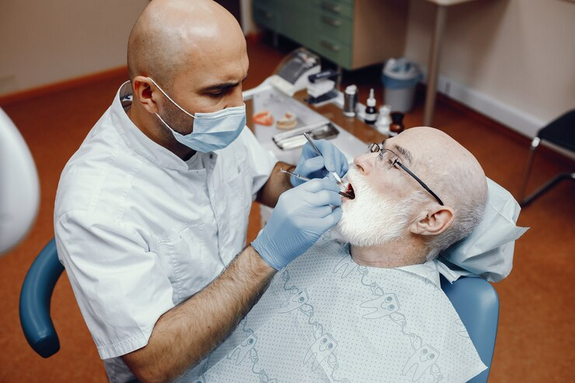Maintaining optimal gum health is crucial for overall dental well-being. While many people associate endodontics solely with root canal treatments, it also plays a significant role in gum treatment. In this article, we will explore the essential connection between endodontics and gum health, highlighting the various ways in which endodontic procedures contribute to preventing and treating gum diseases.
Understanding Gum Disease
Gum disease, also known as periodontal disease, is a common oral health condition that affects the tissues surrounding and supporting the teeth. It begins with the accumulation of plaque, a sticky film of bacteria, on the teeth and gums. If not adequately removed through regular brushing, flossing, and professional dental cleanings, plaque hardens into tartar, leading to gum inflammation and infection.
The Link between Endodontics and Gum Health
Diagnosis and Treatment:
Endodontists, who specialise in diagnosing and treating dental pulp and root canal-related issues, play a vital role in identifying and addressing gum disease. During routine endodontic examinations, they thoroughly evaluate the health of the teeth, gums, and supporting structures. By detecting early signs of gum disease, such as gum inflammation or pockets between the gums and teeth, endodontists can initiate appropriate treatment or refer patients to periodontal specialists for comprehensive gum disease management.
Root Canal Treatment and Gum Health:
Root canal treatment, one of the critical procedures endodontists perform, directly impacts gum health. When the pulp inside a tooth becomes infected or inflamed due to deep decay or trauma, it can spread to the surrounding gum tissues, leading to gum infection. By removing the infected pulp and sealing the root canal system, endodontists eliminate the source of infection, allowing the gums to heal naturally.
Endodontic Procedures for Gum Disease Management
Apical Surgery:
In some cases, gum disease may progress to a point where non-surgical treatments alone are insufficient. Endodontic apical surgery, also known as apicoectomy, can be performed to treat persistent gum infections. This procedure involves removing the infected tissue at the root tip, cleaning the area, and sealing it to promote healing. Apical surgery helps eliminate the source of infection, allowing the gums to heal and regenerate.
Dental Trauma and Gum Health:
Dental trauma, such as a fractured tooth or a dislodged crown, can significantly impact gum health. Endodontists specialise in treating dental injuries and restoring the integrity of both the tooth and the surrounding gum tissues. Prompt and appropriate endodontic intervention saves the affected tooth and prevents complications that could arise from gum infection or inflammation.
Conclusion:
Beyond its role in root canal treatments, endodontics plays a vital role in gum health. By diagnosing and treating gum disease, performing root canal treatments, and managing dental trauma, endodontists contribute to the overall well-being of the gums. By ensuring a healthy foundation for the teeth, endodontics helps maintain oral health and prevents potential complications associated with gum disease. If you are experiencing any gum-related concerns, it is essential to consult with a dental professional, such as an endodontist, who can provide the expert care needed for your gum treatment.





Comments